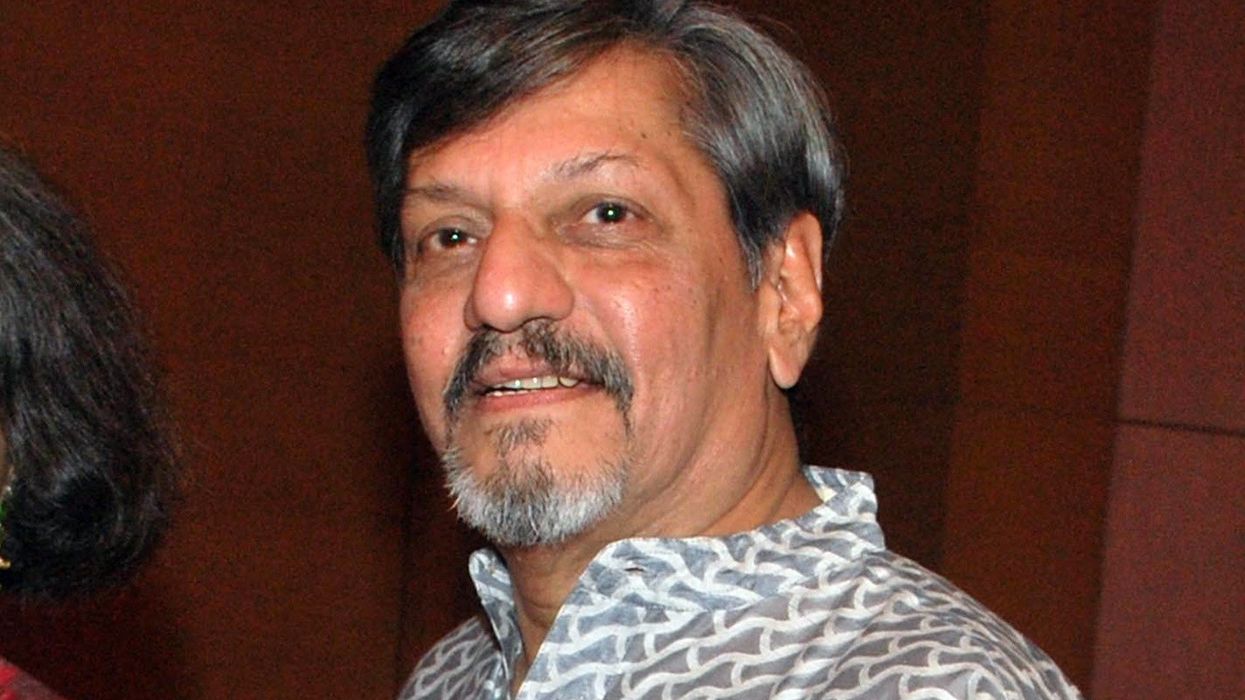Veteran actor Amol Palekar, who returns to films after a long gap of 12 years with ZEE5’s 200 – Halla Ho, believes that caste as an issue is rarely commented on in Hindi cinema as it is not conventionally entertaining.
Directed by Sarthak Dasgupta and co-written by Dasgupta and Gaurav Sharma, 200 – Halla Ho is based on a true story of a group of Dalit women who attacked a rapist in an open court. the film touches upon the issues of sexual violence, caste oppression, corruption, and legal loopholes through the eyes of 200 Dalit women.
“The script of this film dealt with caste issues which have remained invisible in Indian cinema. Such themes are disturbing and not conventionally 'entertaining'. Producers have shied away from backing such projects all through our cinematic journey,” Palekar told PTI in an interview.
Caste issues have successfully featured in Marathi and Tamil cinema with films such as Nagraj Manjule's Fandry (2013), Sairat (2016) and Pa Ranjith's Kaala (2018), and Sarpatta Parambarai (2021), respectively.
Palekar said the Hindi film industry still refuses to come out of “Brahminical aesthetics”. “Hindi cinema still prefers to maintain a conspicuous silence about caste issues. Our film industry refuses to come out of the Brahminical aesthetics. Themes of the caste divide used to get introduced through a love story. Though oppression was shown the relief used to appease the majority,” he said.
“Plight of women used to be a sub-text. With the advent of OTT platforms, female-centric themes are being handled; female characters are getting meaningful, lead roles. All this is a very heartening change,” he added.
Palekar is making a comeback to acting after a decade with the film. The key reason behind his absence from the big screen, the actor said, is a dearth of challenging roles. “As an actor, I am a comet who surfaces once in a decade. Most roles offered to older actors are insignificant in terms of the theme of the film. I always accepted roles only if those challenged me as an actor or if it contributes to the scheme of the film. Acting just for the sake of earning money was never my pursuit. What fun is playing a superfluous role of someone's father or a grandfather? I prefer to hide than to get overexposed," the actor, whose last release was the 2009 Marathi film Samaantar which he also directed, said.
When Palekar was approached for 200 - Halla Ho, the actor said he was pleasantly surprised and even suggested the makers to cast an actor from the Bahujan Samaj for the role of a retired Dalit judge but they were keen on having him.
“I am never a part of anything which is regressive. I liked the role for multiple reasons. The film celebrates the protest of 200 women against patriarchy and caste atrocities. They were the heroes and I was just a supporting character who supported their protest rather than merely remain as a bystander,” he said.
200 - Halla Ho also stars Rinku Rajguru, Barun Sobti, Upendra Limaye, Indraneil Sengupta, Saloni Batra and Sahil Khattar. The film releases on August 20 on ZEE5.




